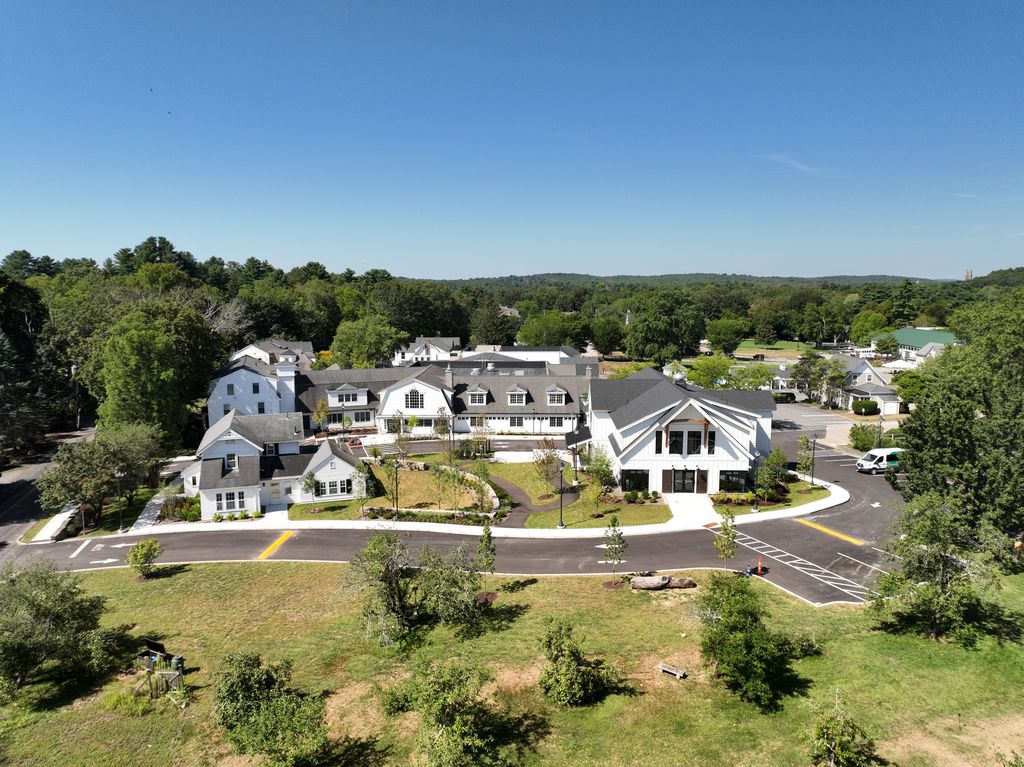Houston ISD’s $4.4B bond proposal places focus on aging infrastructure

The overview
Board managers received an overview of the proposed bond, which would largely focus on upgrading and improving more than 270 campuses throughout the district, during a special June 27 board meeting.
The board is planning to vote on whether to place the proposal on the ballot at an Aug. 8 meeting.
HISD Superintendent Mike Miles said the bond would aim to address student safety, aging infrastructure, early education availability, and career and technical education offerings by investing:
- $1.04 billion in safety and health initiatives
- $200 million to expand early childhood education
- $445 million in technology upgrades
- $425 million in career and technical education improvements
- $2.27 billion in campus expansions, renovations and rebuilds
While Miles said the proposed bond would not result in a tax rate increase, many members of the public have expressed concerns over the proposal due to the policies put into place since the Texas Education Agency appointed Miles to take over the district last June.
How we got here
Board managers initially voted to authorize Miles to explore options for a potential bond package during an April 11 meeting.
HISD’s most recent bond—approved in 2012—was a $1.9 billion package backed by roughly two-thirds of voters. According to the district’s website, the bond included roughly $1.64 billion to replace and repair 40 schools across the district, including 29 high schools, as well as $252 million for additional projects across the district.
In May, district officials announced the creation of a community advisory committee to help drive engagement with community members throughout the process. The committee is made up of elected HISD trustees, civic and faith leaders, educators, community advocates, and HISD parents.
A closer look
While the bulk of the work included in the 2012 bond was focused on high schools, Alishia Jolivette, HISD interim chief operating officer, said the proposed bond would emphasize elementary and middle school improvements.
Jolivette said there are more than $10 billion worth of facilities, technology and security needs across the district, noting the bond would serve as a first step toward addressing those needs.
“The bond is going to help us address some of it,” Jolivette said. “It won’t address all of it.”
According to the bond proposal, the roughly $2.27 billion worth of campus renovations and rebuilds would affect 43 campuses.
The proposal also includes plans to construct “co-locations,” which would entail merging several elementary and middle schools into single campuses. Miles said the addition of co-locations would help address the district’s recent decline in enrollment.
“In this way, we’re able to save money, do more rebuilds, but also protect this notion of a community concept, where these schools are able to hold onto their identity,” Miles said.
The $2.27 billion in proposed improvements include:
- 15 full campus rebuilds
- One newly contracted co-location serving two elementary schools and one middle school
- Three co-location rebuilds, combining three elementary schools and three middle schools
- Seven partial campus renovations
- Four partial campus renovations with expansions
- Two campus expansions
- Three partial co-location renovations
The bond proposal also includes $1.04 billion for health and safety improvements, including updating heating, ventilation and air-conditioning systems; removing lead from drinking water; and enhancing security infrastructure. Officials said every campus throughout the district would benefit from the improvements.
Miles said about $200 million included in the proposed bond would be used to expand the district’s prekindergarten program, which serves around 14,000 students.
According to the bond proposal, the expansion would provide space for roughly 4,000 additional students by:
- Optimizing existing space and creating additional space through campus rebuilds
- Using unused land owned by the district
- Constructing a new early childhood center
What they’re saying
For months, community members who have been opposed to the changes implemented by Miles, have concluded their comments at board meetings with the phrase “no trust, no bond.”
Many of the more than 60 community members who spoke during the board’s June 27 meeting shared that sentiment.
Jamie Ford, a former teacher at Carnegie Vanguard High School who resigned earlier this year, said she couldn’t support the bond because of her mistrust for Miles.
“[Miles’] approach has sucked all the joy out of teaching and severed the connections teachers make with their students,” Ford said. “I would not trust him to organize a bake sale, much less a $4.4 billion bond.”
Community member Amy Maddox echoed Ford’s sentiment.
“Trust and transparency have tanked with students, parents, the community and elected leaders,” Maddox said.
Former state Rep. Garnet Coleman, who co-chairs the bond advisory committee, said it would be essential for district officials to work more closely with community members to regain their trust.
“When people believe they aren’t being heard or understood, or not being heard from an internal perspective of how they feel, then you have a problem going down the road,” Coleman said.
Alexandra Elizondo, HISD’s chief of communications and public affairs, said a large portion of the community members the district has engaged with were initially skeptical of the bond, but she said many of them reconsidered their position after seeing the state of the district’s aging campuses.
“When provided with information about the realities for children in our school buildings, [community members’] skepticism became very second fiddle to the deep belief that we need to do better by our kids right now,” Elizondo said.
What’s next
HISD officials said the bond proposal is not yet finalized and must be approved by board managers by Aug. 18 to appear on the Nov. 5 ballot. Board members are scheduled to consider approving the finalized bond proposal at their April 8 meeting.
link







